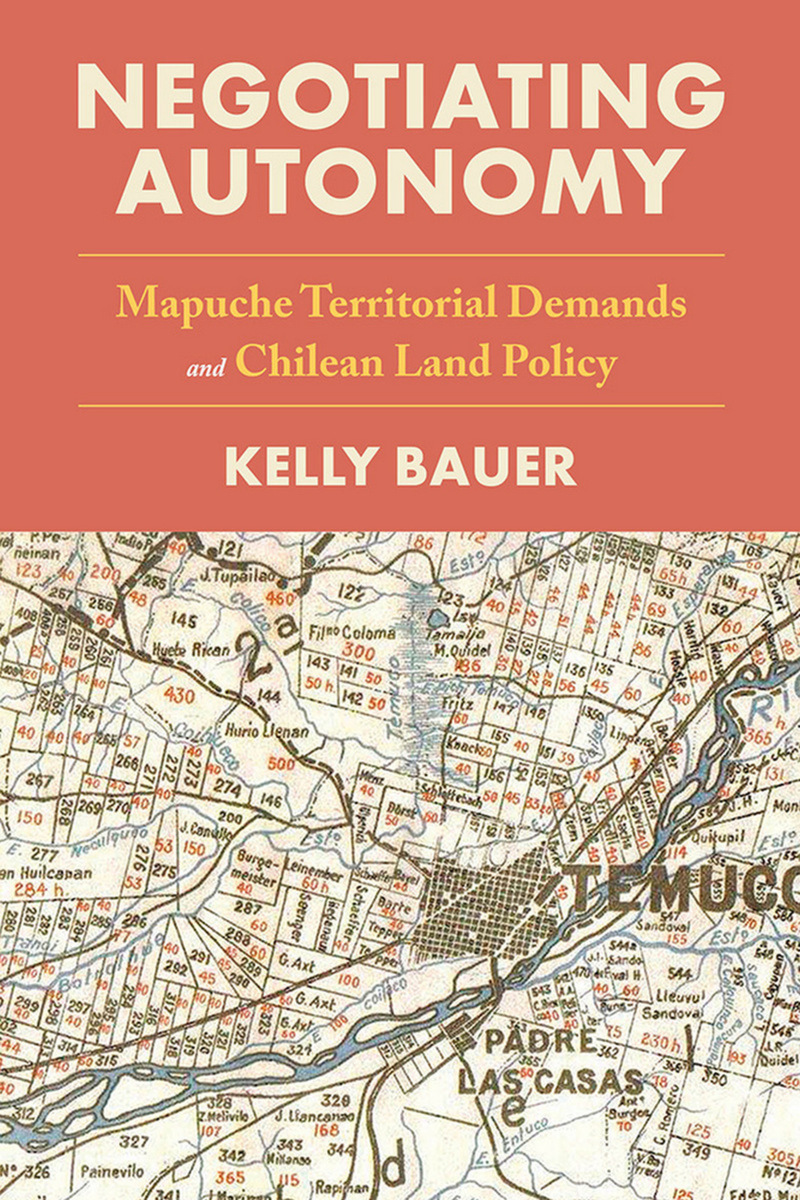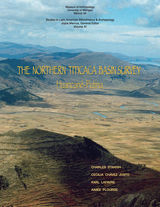Negotiating Autonomy: Mapuche Territorial Demands and Chilean Land Policy
University of Pittsburgh Press, 2021
Cloth: 978-0-8229-4666-3 | eISBN: 978-0-8229-8811-3
Library of Congress Classification F3126.B39 2021
Dewey Decimal Classification 305.89872
Cloth: 978-0-8229-4666-3 | eISBN: 978-0-8229-8811-3
Library of Congress Classification F3126.B39 2021
Dewey Decimal Classification 305.89872
ABOUT THIS BOOK | AUTHOR BIOGRAPHY | REVIEWS | TOC | REQUEST ACCESSIBLE FILE
ABOUT THIS BOOK
The 1980s and ‘90s saw Latin American governments recognizing the property rights of Indigenous and Afro-descendent communities as part of a broader territorial policy shift. But the resulting reforms were not applied consistently, more often extending neoliberal governance than recognizing Indigenous Peoples’ rights. In Negotiating Autonomy, Kelly Bauer explores the inconsistencies by which the Chilean government transfers land in response to Mapuche territorial demands. Interviews with community and government leaders, statistical analysis of an original dataset of Mapuche mobilization and land transfers, and analysis of policy documents reveals that many assumptions about post-dictatorship Chilean politics as technocratic and depoliticized do not apply to Indigenous policy. Rather, state officials often work to preserve the hegemony of political and economic elites in the region, effectively protecting existing market interests over efforts to extend the neoliberal project to the governance of Mapuche territorial demands. In addition to complicating understandings of Chilean governance, these hidden patterns of policy implementation reveal the numerous ways these governance strategies threaten the recognition of Indigenous rights and create limited space for communities to negotiate autonomy.
See other books on: Chile | Government relations | Land tenure | Land use | Mapuche Indians
See other titles from University of Pittsburgh Press






























